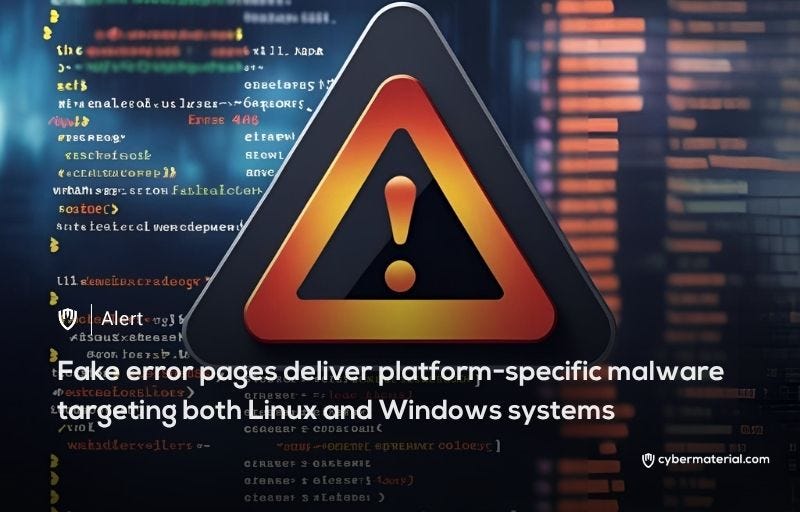
Wiz Research has identified an ongoing cryptomining campaign named Soco404 that actively targets misconfigured cloud services. The operation’s primary goal is to deploy platform-specific malware on b…

Wiz Research has identified an ongoing cryptomining campaign named Soco404 that actively targets misconfigured cloud services. The operation’s primary goal is to deploy platform-specific malware on b…